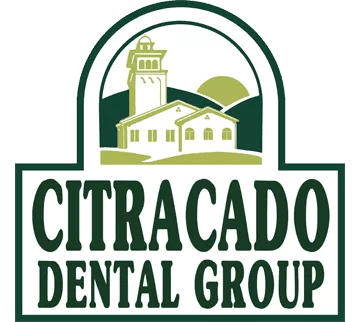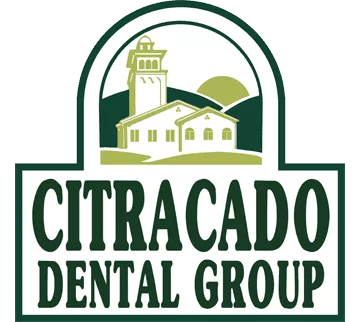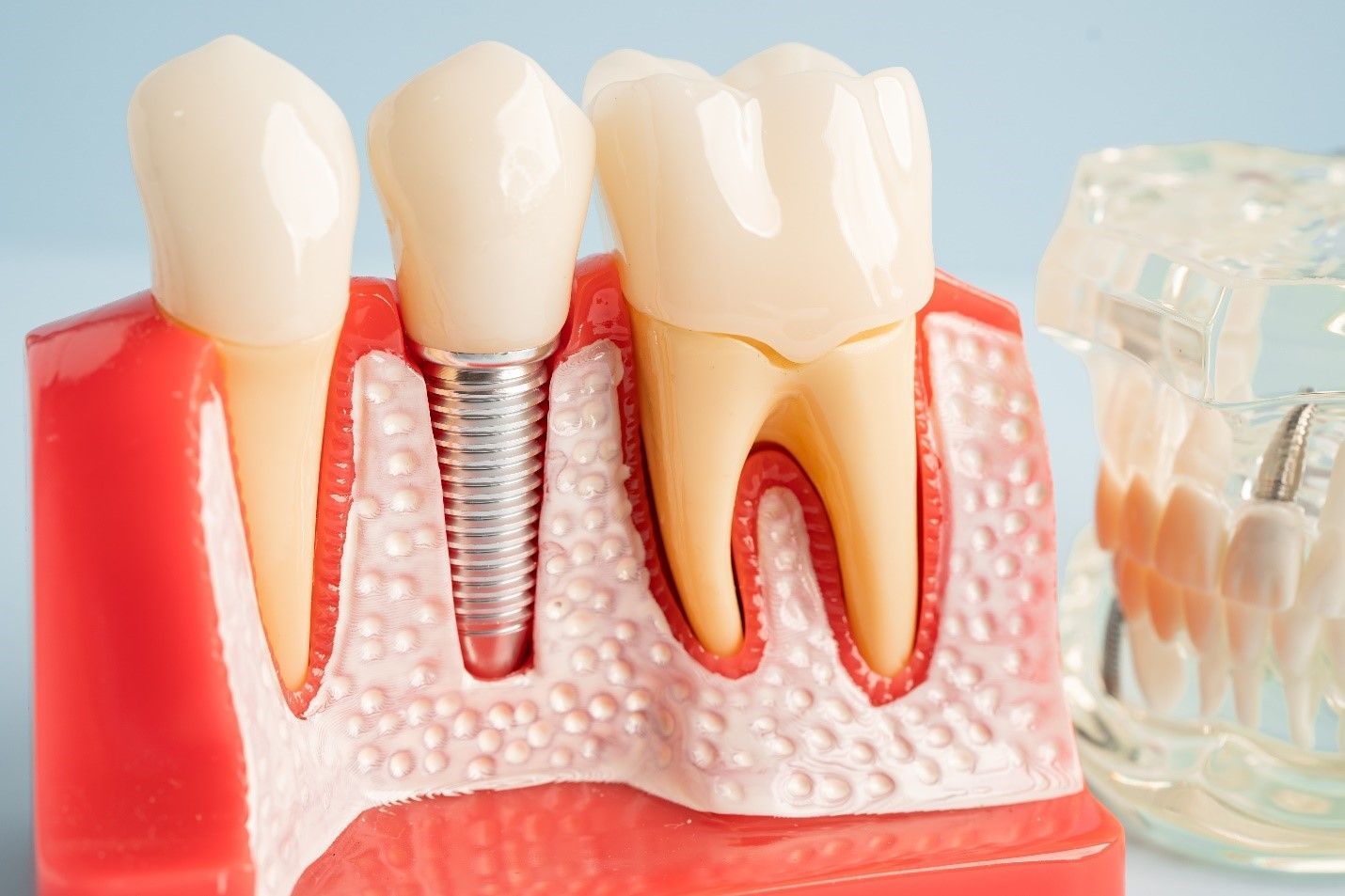THINGS THAT CAN LEAD TO TOOTH LOSS

Losing one or more of your pearly whites can be a major setback
An incident of losing a tooth can trigger emotional stress, embarrassment and lack of confidence. In some cases, patients might become isolated from family, friends and coworkers. In many cases, tooth loss may negatively impact a person’s quality of life.
While the effects of tooth loss can be draining on your mental, physical and financial health, it’s important for patients to know that tooth loss is avoidable. Being aware of the following risk factors can help prevent tooth loss and improve your overall dental health.
Smoking
Cutting the habit can be tough, as any long-term smoker can attest. What is important to realize is the overwhelming evidence that the addictive ingredients in tobacco products pose serious risks to both a person’s overall well-being and oral health. Repeated exposure to the thousands of chemicals, or carcinogens, in cigarettes and other smoke products can damage oral structures and gum tissue.
Over time, these harmful chemicals can accelerate gum disease and lead to cancerous growths in the mouth. Not to mention, smoking can also cause yellowing and stained teeth, Smoking can also have a dehydrating effect within the mouth. This condition is known as xerostomia, which can cause decay, gum disease and tooth loss.
Poor oral hygiene practices
Failing to follow commonly recommended oral hygiene practices, such as brushing at least twice a day, flossing and seeing the dentists on a regular basis, is a recipe for disaster. That’s because dental neglect is the main underlying cause of tooth loss in adults and children.
As the oral condition goes untreated and ignored, it becomes more difficult to control before it progresses to advanced disease and tooth loss. We can help treat this, however!
Sugary diet
Sweets are delicious, and sugar is addictive, but like many foods, excessive consumption can harm your teeth and your health. Despite the widespread acceptance of this truth, it can be hard for people to pass on sugary foods.
Limiting foods with refined sugars, such as candy, soft drinks and syrups found in a variety of foods, is a good practice. Sugar is a primary source of fuel for harmful oral bacteria, which are culprits in tooth decay and gum disease.
Over time, the disproportionate consumption of sweets will lead to overgrowth of unwanted biofilm in the mouth, leading to tooth and gum disease and possibly permanent tooth loss.
Getting older
Despite your best efforts of caring for your body, as people age, they will have to pay closer attention to their dental health. The enamel on teeth will begin to wear down as time passes. This reality can increase tooth sensitivity, making teeth more prone to decay or fracture.
Tooth loss, however, doesn’t have to be part of the normal process of aging. Despite the advance of years, older adults can preserve their teeth and keep them strong with a healthy diet and smart oral hygiene habits.
Gingivitis, periodontitis
When gums become swollen and inflamed, the bacteria in biofilm are at fault. Gingivitis is treatable and reversible if you act promptly. Left untreated, however, gingivitis can progress to more serious periodontal disease, with a greater risk of tooth loss and infection throughout the body.
Advanced periodontal disease is not easy to treat. As a life-long disease, people with advanced periodontal disease suffer from permanent structural damage to the gums and periodontium, which requires regular treatment and monitoring.
Patients suffering from this advanced disease will need to undergo periodontal therapy and possibly gum surgery.
Unfortunately, advanced periodontal disease often leads to tooth loss.
Lack of dental care
Any winning formula for good oral health must include a dental care plan. Regular dental visits and check-ups are critical to your dental health. Professional cleaning and exams can both prevent disease and potentially catch problems early enough for them to not cause permanent harm.
In the event of tooth loss, our patients will be in good hands. We are highly skilled specialists in treating gum disease and saving teeth. And if any teeth must be lost, we can replace them with implants whenever possible.
Dental implants offer a natural look and feel and will be customized to match your teeth. Dental implants mean you can preserve normal tooth function and feel confident about your complete smile.
If you have any questions,
contact us today!
QUICK MENU
RECENT POSTS






